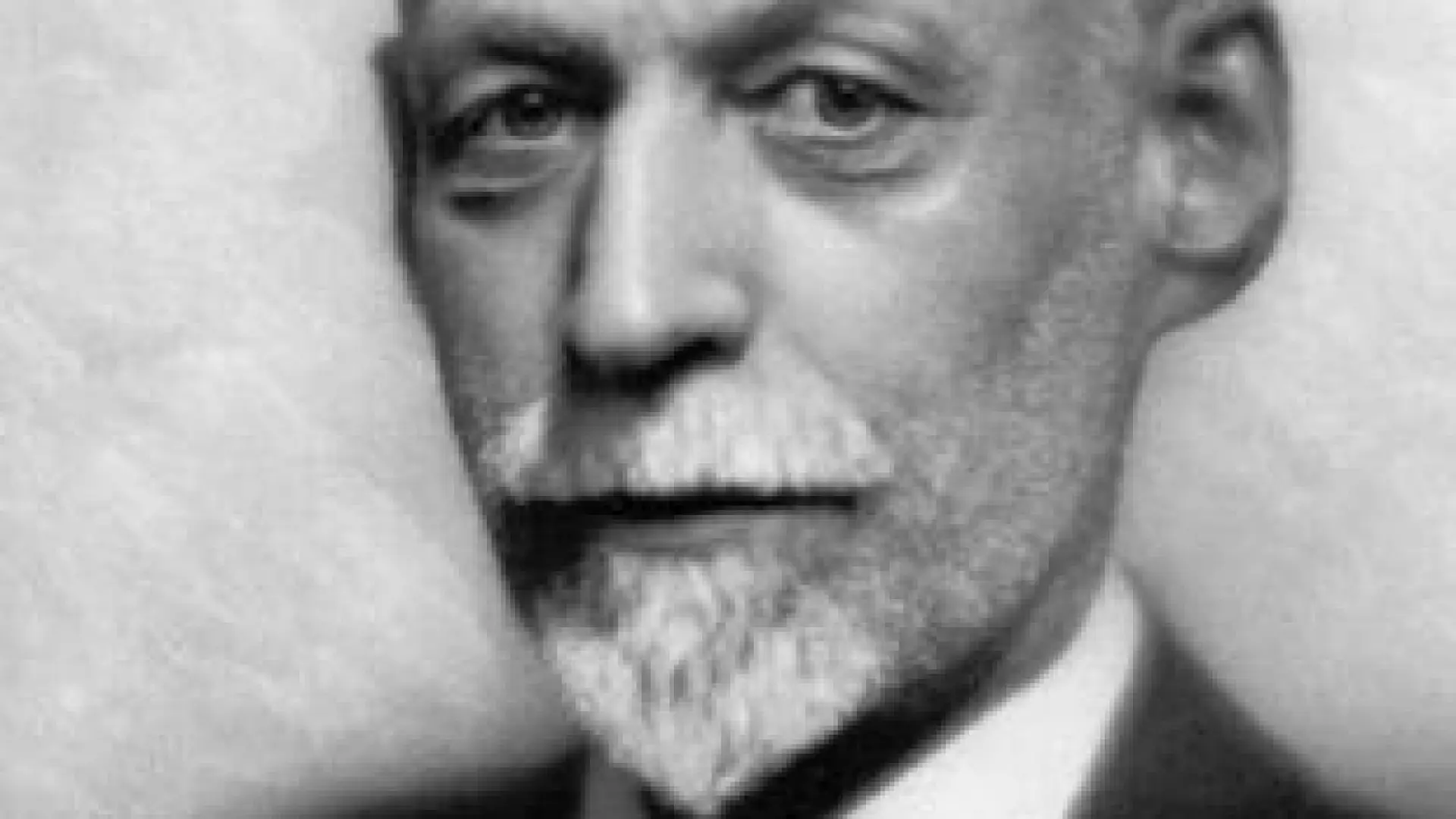It is a great pleasure to welcome Jordan Leichnitz to Art’s History. Since 2020, Jordan has served as the Canada Program Manager for the Friedrich Ebert Stiftung, a German political foundation. She is a frequent media commentator on federal and provincial politics. Many Canadians, for example, know Jordan due to her weekly appearances on Canada’s best federal political podcast, The Curse of Politics. A proud New Democrat, she spent ten years on Parliament Hill working in senior strategy positions for four Leaders of the New Democratic Party of Canada, including serving as Deputy Chief of Staff, overseeing policy development and handling issues management for the parliamentary caucus. Today, Jordan is helping Art’s History celebrate the 150th anniversary of the birth of CCF-NDP legend J.S. Woodsworth.
Over to you Jordan!
By Jordan Leichnitz
On July 29, 1874 in a farmhouse just west of Toronto, James Shaver Woodsworth was born. He would go on to become a key figure in Canada’s social reform movement, the author of enduring parts of Canda’s contemporary social safety net, and the co-founder of Canada’s social democratic party.
Woodsworth was the eldest of six children born into a devout Methodist family, and grew up in Brandon, Manitoba at a time when the social gospel movement was growing in importance in Canada. As a young man, he followed his father into the ministry, and there had early encounters with the abject suffering of impoverished people in urban slums. This helped shape his deeply held views on inequality and the need for social change, just as the church’s support for conscription during World War I pushed him away from missionary work and into politics.
The 1919 Winnipeg General Strike proved to be a pivotal moment for Woodsworth. A staunch believer in the necessity of peaceful resistance to attain rights for working people, he quickly stepped into a leadership role as editor of the Western Labour News, a move that ultimately led to his arrest for libel.
During the strike he witnessed RCMP violence against demonstrators, and saw more clearly than ever the economic and political power imbalance that was systematically disadvantaging the working poor in Canada. He became persuaded that Canadians urgently needed a working-class political party as a non-violent means to secure their rights – and set his sights on Parliament.
His tenure as a Member of Parliament for Winnipeg North Centre from 1921 to 1942 solidified his reputation as a tireless champion for the disadvantaged and a leader of Canada’s parliamentary left. Woodsworth’s Centre Block office, room 616, became a meeting place for labour leaders, journalists, workers and other allies who helped map out a plan to create Canada’s first national worker’s party.
Woodsworth played a central role in the formation of the Co-operative Commonwealth Federation (CCF) in 1932, which wove strands of the urban union movement, western farmers and the social gospel into a cohesive bid for political power. As the first leader of the CCF, Woodsworth confronted the misery of the Depression with a pragmatic vision of social democracy that prioritized economic justice, universal healthcare, and workers' rights.
Despite his obvious idealism, Woodsworth was at his core a practical politician who never missed an opportunity to push Mackenzie King’s government to address the material issues facing regular Canadians. His efforts laid the groundwork for the modern welfare state, including old age pensions and unemployment insurance, social programs Canadians still rely on today.
Woodsworth was a compelling speaker and skilled debater who was well-regarded by his colleagues in the House of Commons, and he never lost his commitment to the principles that set him on a path to Ottawa. His deeply-held opposition to militarism precipitated the painful end of his leadership in 1939, when he broke with his caucus on the issue of Canada’s involvement in World War II, leading to one of the more remarkable exchanges in Canadian Parliamentary history.
A preacher, teacher and organizer – an agitator for social and economic justice who believed to his core in non-violence, Woodsworth’s principled leadership and unflagging determination to make life better for ordinary Canadians continues to inspire today.
Happy Birthday, J.S. Woodsworth!

Arthur Milnes is an accomplished public historian and award-winning journalist. He was research assistant on The Rt. Hon. Brian Mulroney’s best-selling Memoirs and also served as a speechwriter to then-Prime Minister Stephen Harper and as a Fellow of the Queen’s Centre for the Study of Democracy under the leadership of Tom Axworthy. A resident of Kingston, Ontario, Milnes serves as the in-house historian at the 175 year-old Frontenac Club Hotel.

